I traveled 33 hours to Vietnam but was denied entry because of a common travel error I’ll never make again
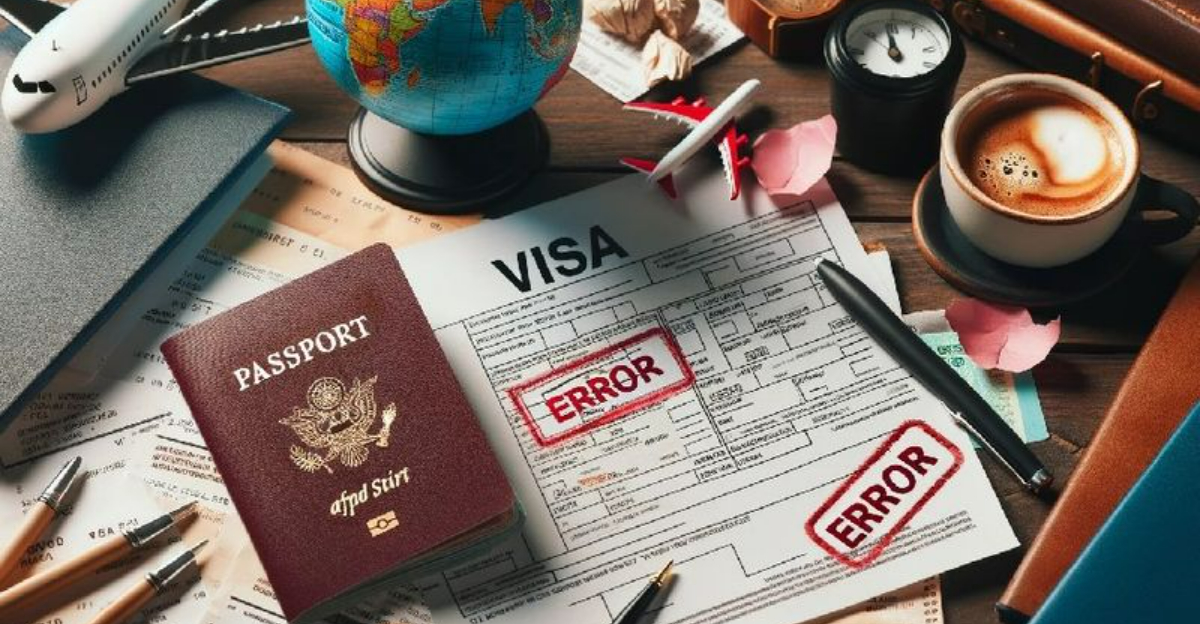
My dream trip to Vietnam turned into a travel nightmare at the immigration counter. After enduring multiple flights, layovers, and 33 exhausting hours in transit, I was shocked when officials denied me entry.
The problem? A simple mistake that many travelers make without realizing how serious the consequences can be. Here’s what happened and what I learned from this expensive, time-wasting, and emotionally draining experience.
1. Wrong visa type for my intended stay
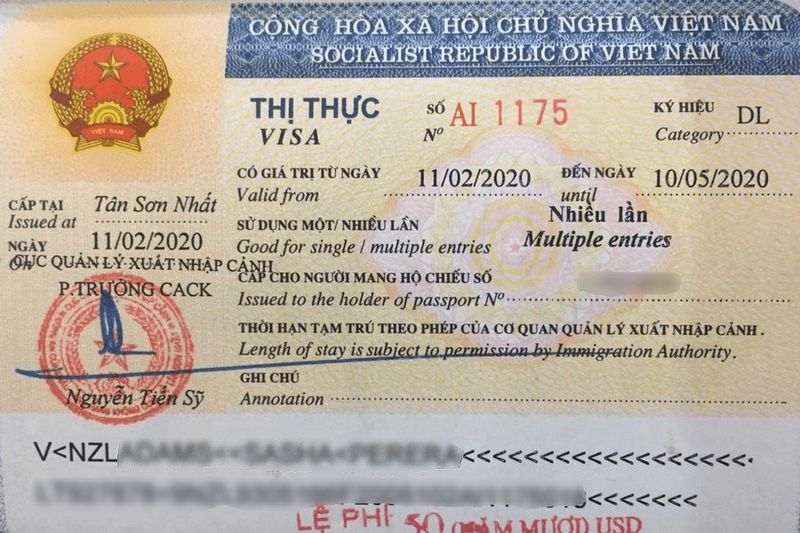
I’d applied for a tourist visa when I actually needed a business visa for the meetings I had planned. The immigration officer spotted this discrepancy when reviewing my itinerary and hotel reservations.
Tourist visas strictly prohibit any work-related activities, including business meetings or conferences. Countries take these distinctions seriously to protect their labor markets and ensure proper taxation.
Always match your visa type to your actual activities. Even casual business discussions require the appropriate visa. When applying, be completely transparent about your plans and double-check visa requirements through official government websites rather than relying solely on travel blogs.
2. E-visa wasn’t properly verified before departure
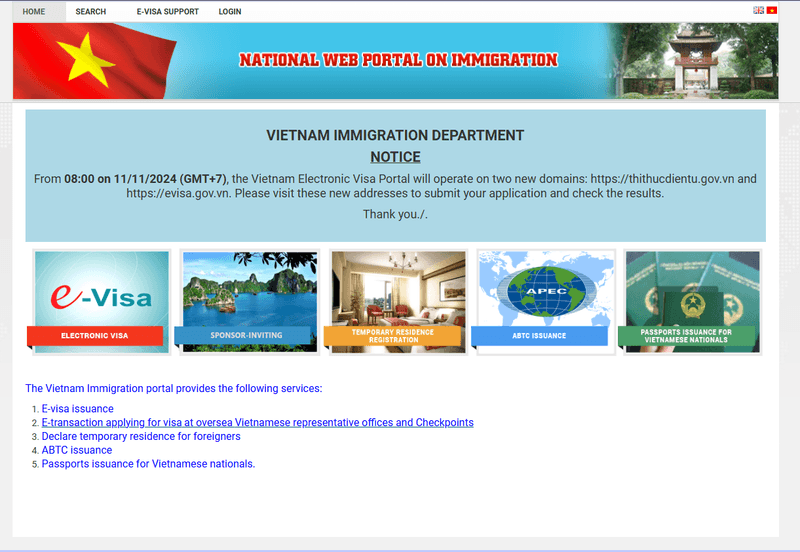
The e-visa I printed looked legitimate to me, but I never verified it through Vietnam’s official portal. Turns out, there was a processing error that I could have caught before my journey began.
My heart sank when the immigration officer typed my reference number and nothing appeared in their system. The airline should have checked this at departure, but ultimately, it was my responsibility.
Always verify your e-visa status through the issuing country’s official website before traveling. Screenshot confirmation pages and bring multiple copies of all documentation. This simple verification step might seem tedious but can prevent the awful experience of being turned away at your destination.
3. Passport validity must extend beyond your trip
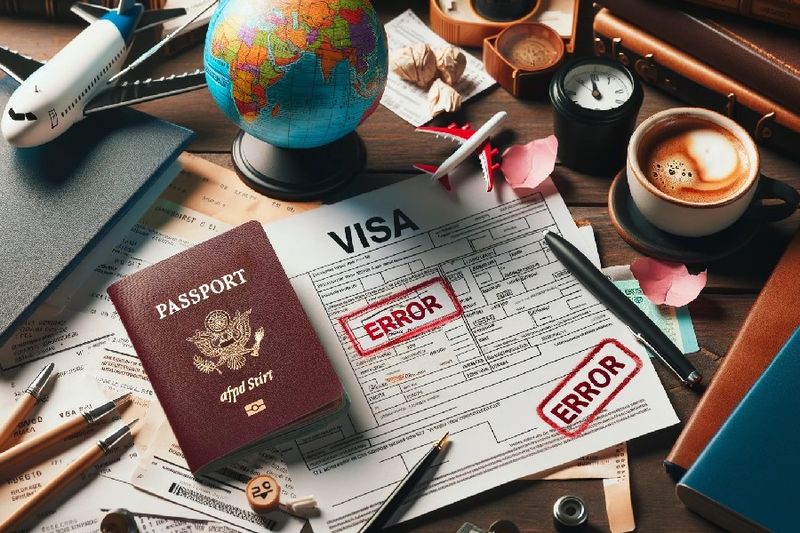
My passport was set to expire in just four months, and I had no clue this would be an issue. Vietnam, like many countries, requires passports to be valid for at least six months beyond your intended stay. The immigration officer pointed this out immediately.
No amount of pleading or explaining changed their minds. Rules are rules, especially at international borders where exceptions rarely happen. This requirement exists because countries want to ensure you won’t become stranded with an expired passport.
If your passport expires within six months, renew it before booking international travel. This simple check could have saved me thousands of dollars and days of heartache.
4. Return ticket proof wasn’t readily available
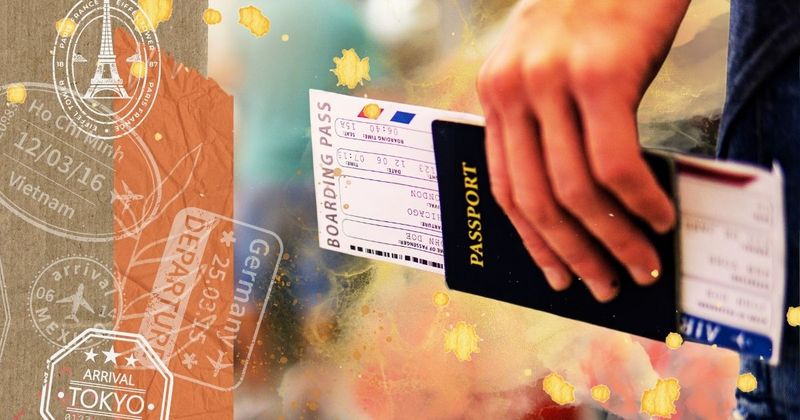
When asked to prove I planned to leave Vietnam, I fumbled through my email trying to find my return flight confirmation. The immigration officer grew increasingly impatient as I searched.
Many travelers don’t realize that most countries require proof you’ll exit their borders. Immigration officials need assurance you won’t overstay your visa. My disorganization made me look suspicious.
Before traveling internationally, save PDF copies of all return tickets to your phone and print physical copies too. Create a dedicated travel folder with all essential documents easily accessible. This simple organization tip would have saved me precious minutes during that tense immigration interview.
5. Insufficient cash for entry requirements
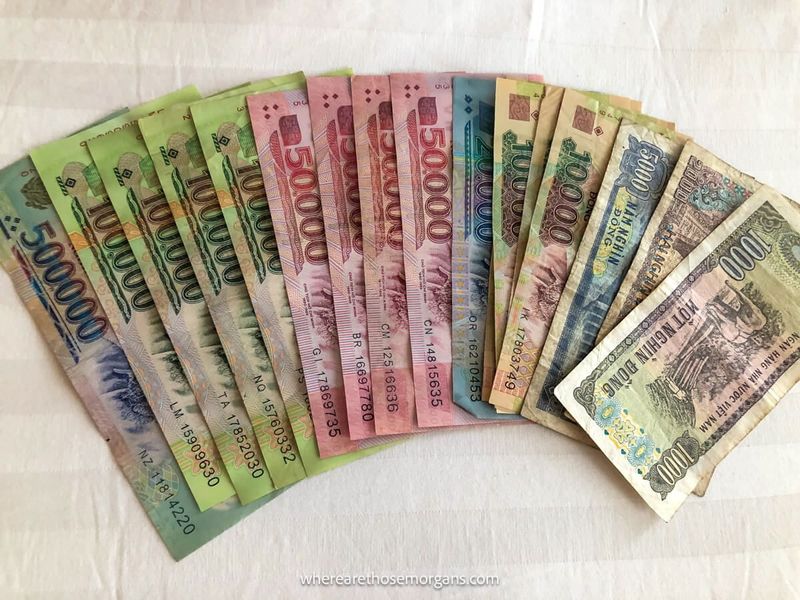
Vietnam requires visitors to demonstrate they have sufficient funds for their stay. I assumed my credit cards would be enough proof, but the immigration officer wanted to see actual cash.
I had only exchanged a small amount of Vietnamese dong, thinking I’d use ATMs upon arrival. This raised red flags about my ability to support myself during my planned three-week trip. The officer calculated the minimum daily amount needed and found me severely lacking.
Research specific cash requirements before traveling anywhere. Many countries expect tourists to carry minimum amounts of currency—either their local money or US dollars. Had I known this requirement, I could have easily withdrawn the necessary funds before leaving home.
